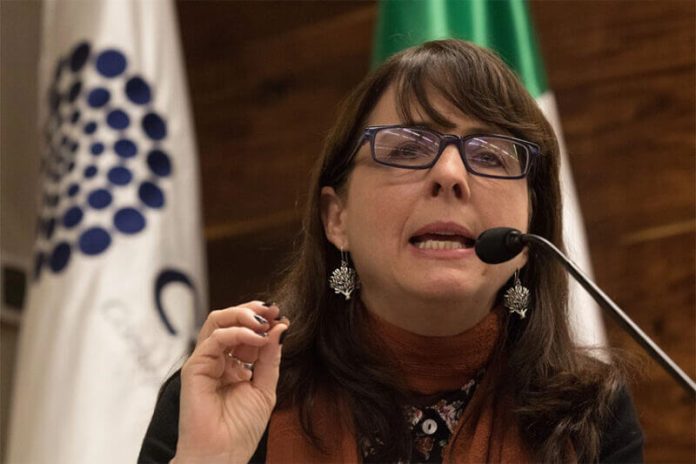Mexico’s scientific community claims some of its members are being persecuted after the federal Attorney General’s Office (FGR) sought warrants for the arrest of 31 scientists for a range of crimes.
The FGR filed an application with a federal court for warrants for members of the Scientific and Technological Advisory Forum (FCCyT), a civil society organization. It alleges that 31 scientists embezzled public money, carried out operations with resources of illicit origin, engaged in organized crime and made illicit use of their positions, according to media reports.
The court at the Altiplano federal prison didn’t issue the arrest warrants sought but granted the FGR a period of 15 days to strengthen its case.
The FGR’s attempt to have the scientists arrested sparked a backlash.
One response was the creation of a petition on change.org that demands “an end to the persecution against members of the scientific community.”
The petition, which had attracted more than 12,400 signatures by 2:30 p.m. Wednesday, says the director of the National Council of Science and Technology (Conacyt), María Elena Álvarez-Buylla, filed a criminal complaint against the FCCyT for illegally receiving resources from the council during the 2012-18 administration of former president Enrique Peña Nieto.
But the Supreme Court ruled last month that Conacyt’s allocation of resources to the group was legal, the petition says. However, that ruling, the petition adds, was not a barrier to the FGR seeking warrants for the arrests of 31 FCCyT members.
It says the FGR’s interruption of the judicial process and applying for the warrants at a maximum security prison where the most dangerous criminals are incarcerated show that Attorney General Alejandro Gertz Manero “is trying to intimidate those from the scientific community who have publicly and openly expressed their differences with the current policies of Conacyt.”
“… We demand the end of persecution due to ideological and political positions against distinguished members of the Mexican scientific community,” the petition concludes.
President López Obrador vowed in 2019 that the FCCyT would be disbanded although it wasn’t clear why. A former coordinator said at the time there was a difference of opinion between Conacyt and the forum, which was created during the presidency of Vicente Fox in 2002. That, as with several other autonomous agencies established during previous administrations, would make it an adversary in the mind of López Obrador.
Meanwhile, a union that represents academics at Mexico City’s Autonomous Metropolitan University (UAM) and the academic community of the same university also issued statements in support of the FCCyT members.
Georgina Alenka Guzmán Chávez, an academic at UAM Iztapalapa who wrote one of the statements, slammed the FGR’s actions in an interview with the newspaper El Economista.
“How can we live in a country where we’re threatened for using our intelligence … and knowledge. This was seen in the Nazi and fascist governments, in dictatorships such as Nicaragua, where people are arrested for using their intelligence. We can’t live in a country like that,” she said.
Guzmán said it appeared that the government was in a war against education, adding that the scientific community deserves respect.
“They want to intimidate us but they’ve provoked great indignation and this is shared with the international community, because in the day to day of learning we’ve educated a lot of people who have left the country. That’s why this [war against education and the scientific community] will be known in the whole world,” she said.
With reports from El Economista
